The Kingdom of Yugoslavia, under the official name the Kingdom of Serbs, Croats and Slovenes in 1918‒1929, was formed on December 1st, 1918 as a state for the South Slavs (except Bulgarians). It was composed of parts of the former Austria-Hungary (Carniola, Croatia, Slavonia, Srem, Bačka, Baranja, West Banat, Dalmatia, […]
Tag: WWII
Czech-Russian Relations And The ROA: Conflicting Historical Narratives
Tony Wesolowsky’s December 8, Radio Free Europe/Radio Liberty (RFE/RL) article “The Vlasov Army: Nazi Sympathizers Or WWII Freedom Fighters?“, leads to some additional thoughts. The largely US government funded RFE/RL is headquartered in Prague. With this in mind, it’s a bit surprising to see that RFE/RL lagged behind the San […]
Hidden Yugoslav History Of WWII: Collaboration Between Partisans And Ustashi (IV)
Part I, Part II, Part III Agreements on collaboration Based on existing evidence and data, as cited, it is clear that the coordination of military operations, political and tactical cooperation between Tito’s Partisans and Pavelić’s Ustashi during WWII on the territory of the Independent State of Croatia was planned and […]
Hidden Yugoslav History Of WWII: Collaboration Between Partisans And Ustashi (III)
Part I, Part II Historical sources of the historiography vs Titographic „history“ (II) In the context of this article’s particular contribution to the revision of official Titographic “history” of “our [Yugoslav] nations and nationalities” during WWII, the next section as a challenging research problem of this analysis addresses the real […]
Hidden Yugoslav History Of WWII: Collaboration Between Partisans And Ustashi (II)
Part I Historical sources of the historiography vs Titographic „history“ (I) The clarification of the issue of who Tito’s Partisans kept as their main, if not perhaps the only, political-military opponent and enemy during the entire WWII in Yugoslavia, is directly related to the topic of this article – the […]
Hidden Yugoslav History Of WWII: Collaboration Between Partisans And Ustashi (I)
The aim of this article is to contribute to Balkan and South Slavic historiography by examing the question of the direct and indirect military-political cooperation between the Partisans of the Austro-Hungarian Corporal and self-proclaimed „Marshal“, Josip Broz Tito of the Croat-Slovenian origin and the Nazi Ustashi leader (Poglavnik), Croat Ante […]
Three Betrayals And One Pact
It is safe to say that the Molotov–Ribbentrop Pact was a standard treaty in the style of Realpolitik prevalent in every state at that time. Every single one of Germany’s future opponents feared war, they all tried to come up with ways to avoid it, even at the expense of others, they were prepared to betray their closest allies, as has been shown.
The New Grand Strategy Of The United States
It is commonly believed in the United States that the country has no Grand Strategy since the end of the Cold War. A Grand Strategy is a vision of the world that one seeks to impose, and that all administrations must respect. So, even if you lose in one particular […]
A Short History Of Yugoslavia (II)
Part I Partitioning of Yugoslavia during WWII (1941−1945) Regardless of the reached agreement on the Croatian ethnopolitical autonomy in Yugoslavia, the (Roman Catholic) Croatian traditional and historical animosity and even a hate against the (Christian Orthodox) Serbs remained extremely strong – a fact which both Adolf Hitler and Benito Mussolini […]
We Are Heading For Another Tragedy Like World War I
Amid all the usual patriotic cant from politicians, imperialists and churchmen about the glories of this slaughter, remember that World War I was a contrived conflict that was totally avoidable. Contrary to the war propaganda that still clouds and corrupts our historical view, World War I was not started by Imperial Germany.
The Unpleasant Truth About The 1941 Parachuting Of Rudolf Hess In England (III)
When Rudolf Hess said that he had come to England to save humanity, might he have been talking about the lesser evil domination the British Empire and Germany would’ve kept over the world, compared to the totalitarian American Big Brother that is now our reality?
The Twilight Of The War
If we consider the war in Syria not as a singular event, but as the culmination of a world war which has persisted for a quarter of a century, we have to ask ourselves about the consequences of the imminent end of hostilities. Its completion marks the defeat of an ideology, that is to say globalisation and financial capitalism.


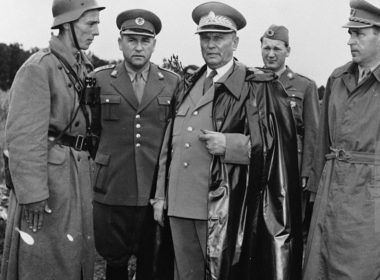
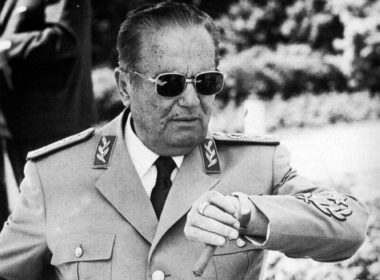
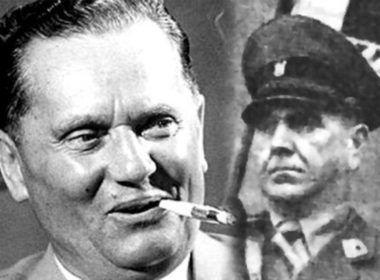
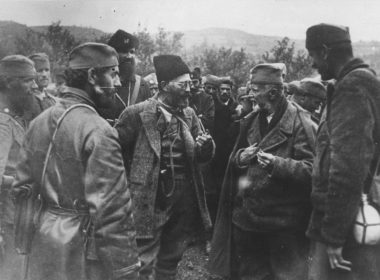
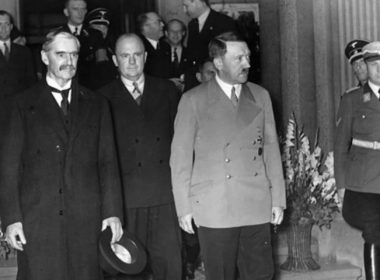
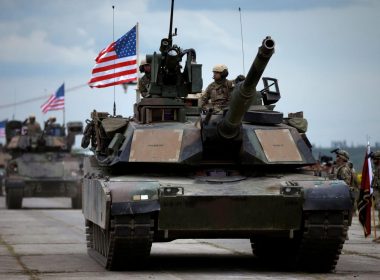

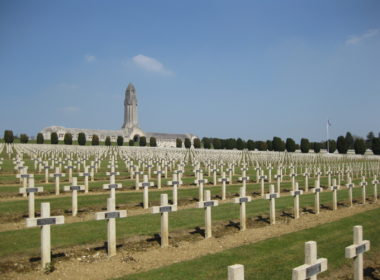
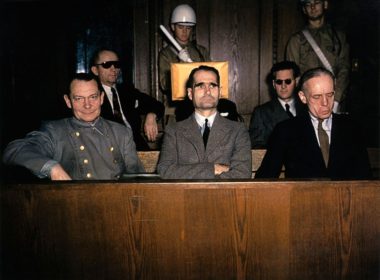
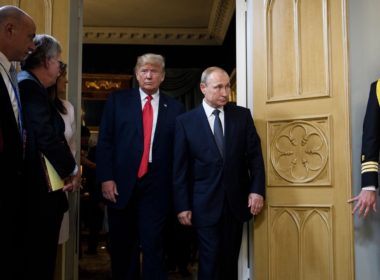



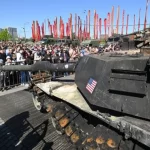






Comments